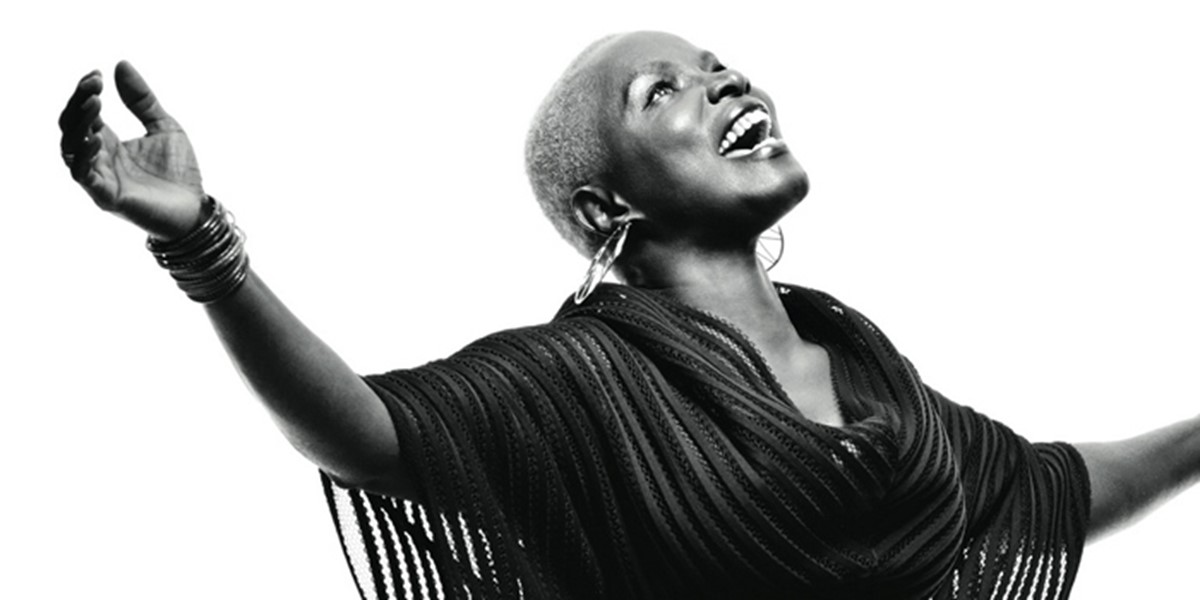Saturday, February 3, 2018
Angélique Kidjo interview: “I wanted to be a ghost”
From Adam and Eve to empowering women across the world – there’s not much that Angélique Kidjo doesn’t have an opinion about. Jane Cornwell meets to the irrepressible singer


Register now to continue reading

Thanks for visiting the Songlines website, your guide to an extraordinary world of music and culture. Sign up for a free account now to enjoy:
- Free access to 2 subscriber-only articles and album reviews every month
- Unlimited access to our news and awards pages
- Our regular email newsletters

